
Exciting new series on “Voice, Body and Movement for Lawyers – How to connect with the jury and find Justice Through Dramatic Technique!”
Click here to find out more
Hundreds of thousands of times per year, defendants are sued whose insurers have reserved their rights to later deny coverage and have appointed panel defense counsel, who may be ethically disqualified from representing the interests of both the insurer and the policyholder. Rules of Professional Conduct 1.4 (disclosure), 1.7 (undivided loyalty) and 1.6 (confidentiality) empower policyholders to regain control of their own defense, and incentivize reserving insurers and panel counsel to support fully funding prompt settlements, at no cost to the policyholder, in as little as a few weeks.
This two-hour course will meld objective legal research with useful practice pointers to guide policyholders and their independent lawyers to enforce their rights, firmly, but politely - all without coverage litigation.
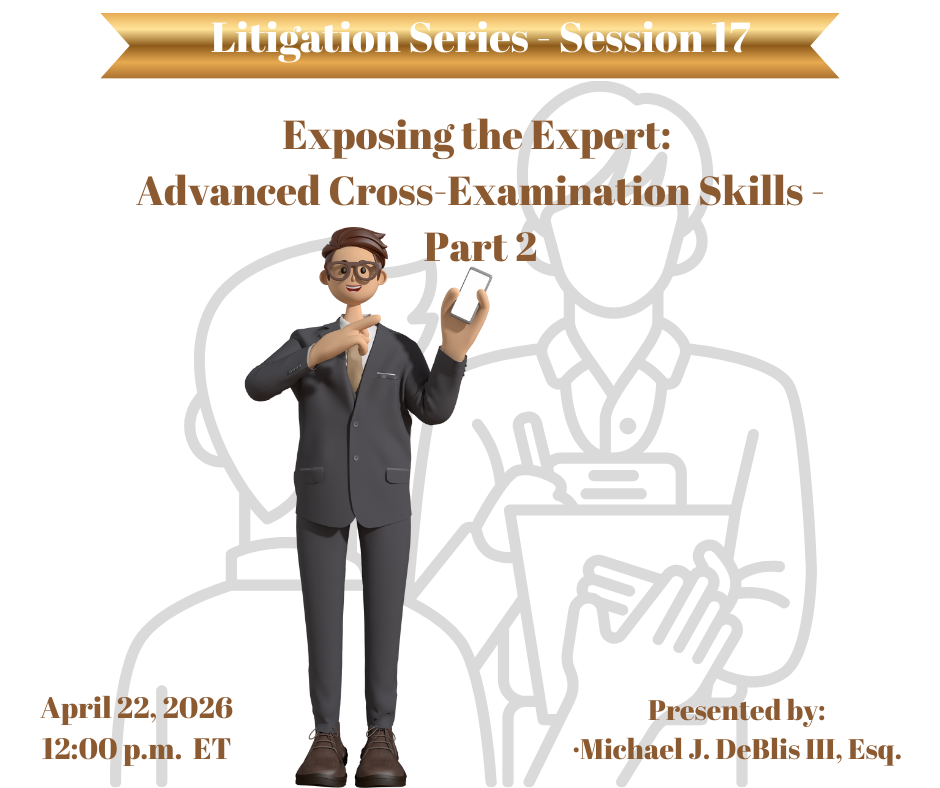
Part 2 - This program will continue the discussion from Part 1 focusing specifically on cross?examin...
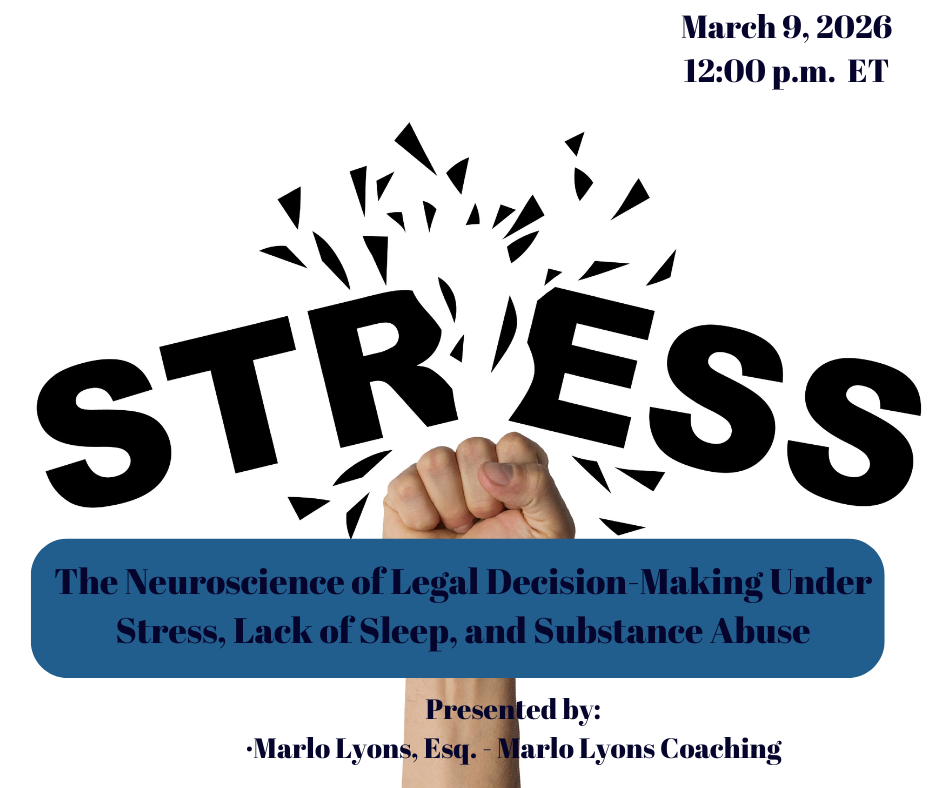
This dynamic and compelling presentation explores how chronic stress, sleep deprivation, and substan...

This Shakespeare?inspired program illustrates how Shakespearean technique can enrich courtroom advoc...
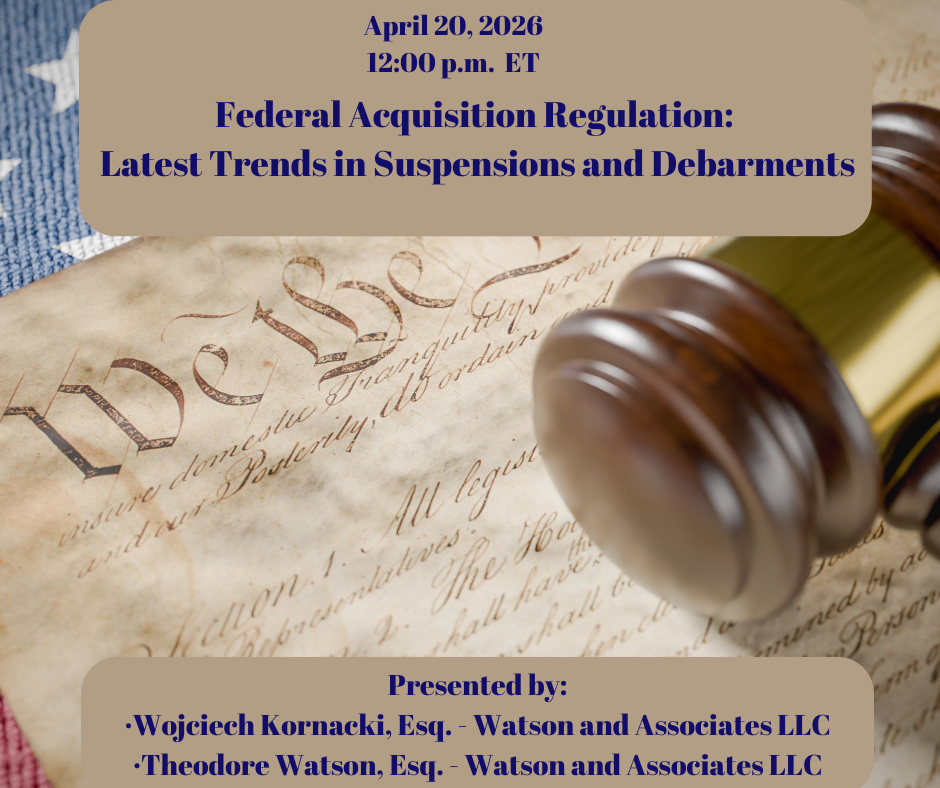
Learn about the latest trends in Federal Suspension and Debarments. This presentation will assist yo...

Successful personal injury defense practice requires far more than strong legal arguments—it d...
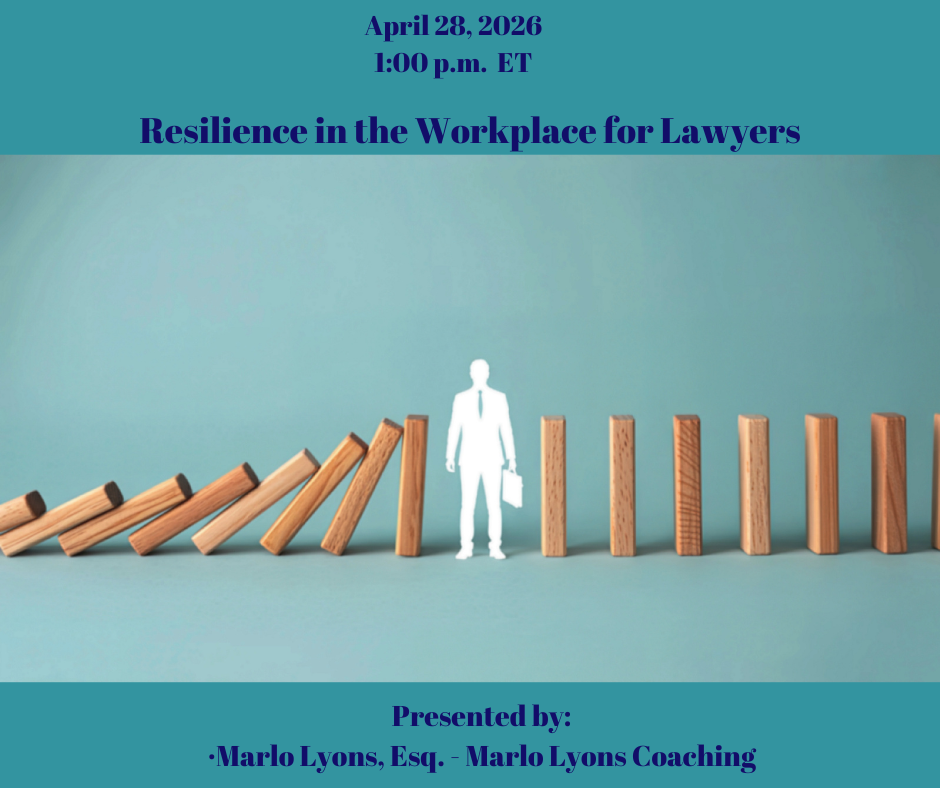
Resilience in the Workplace, delves into the critical importance of resilience in navigating the cha...

Attorneys are judged every time they speak—in client meetings, depositions, hearings, negotiat...

The landscape of global finance is undergoing a seismic shift as traditional assets migrate to the b...
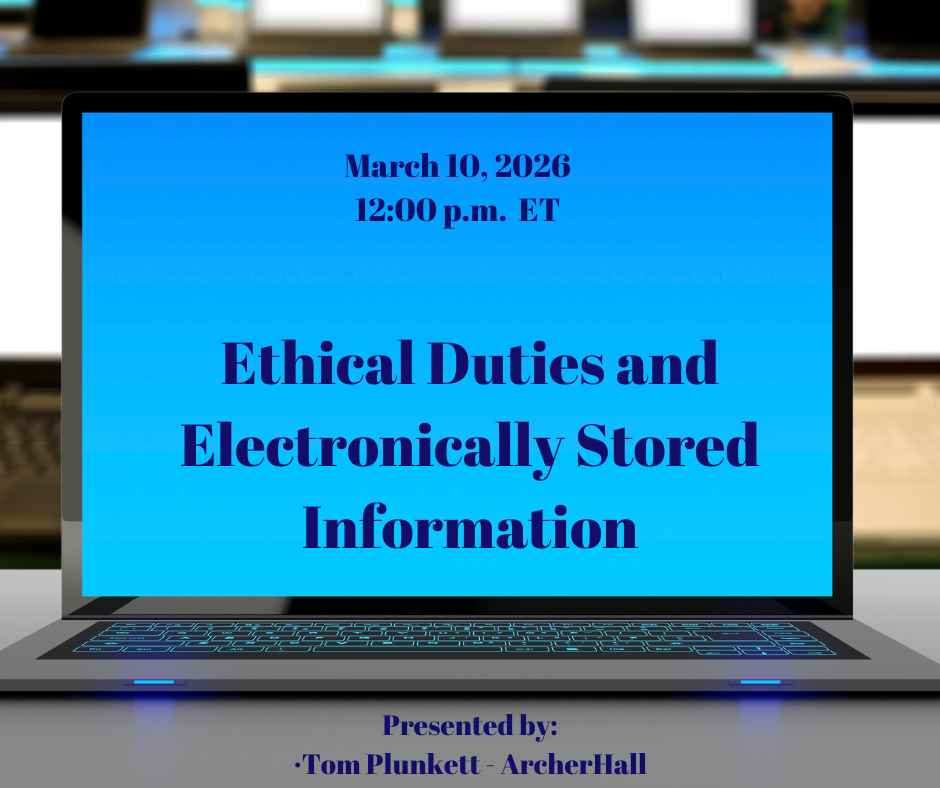
This CLE program examines attorneys’ ethical duties in managing electronically stored informat...
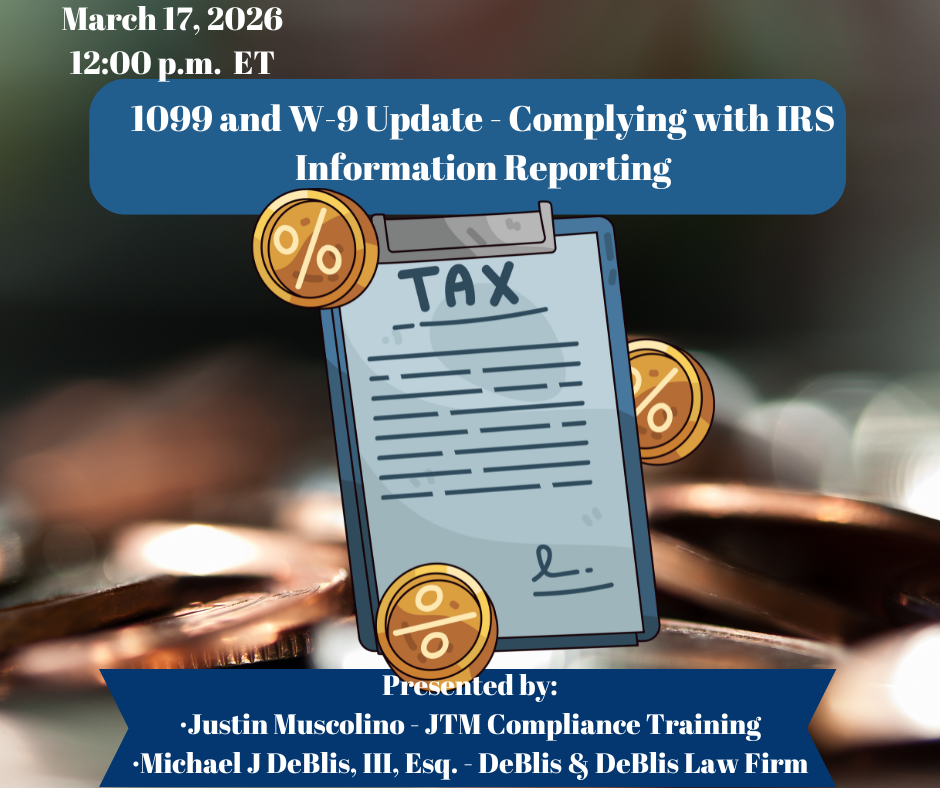
This CLE program covers the most recent changes affecting IRS information reporting, with emphasis o...